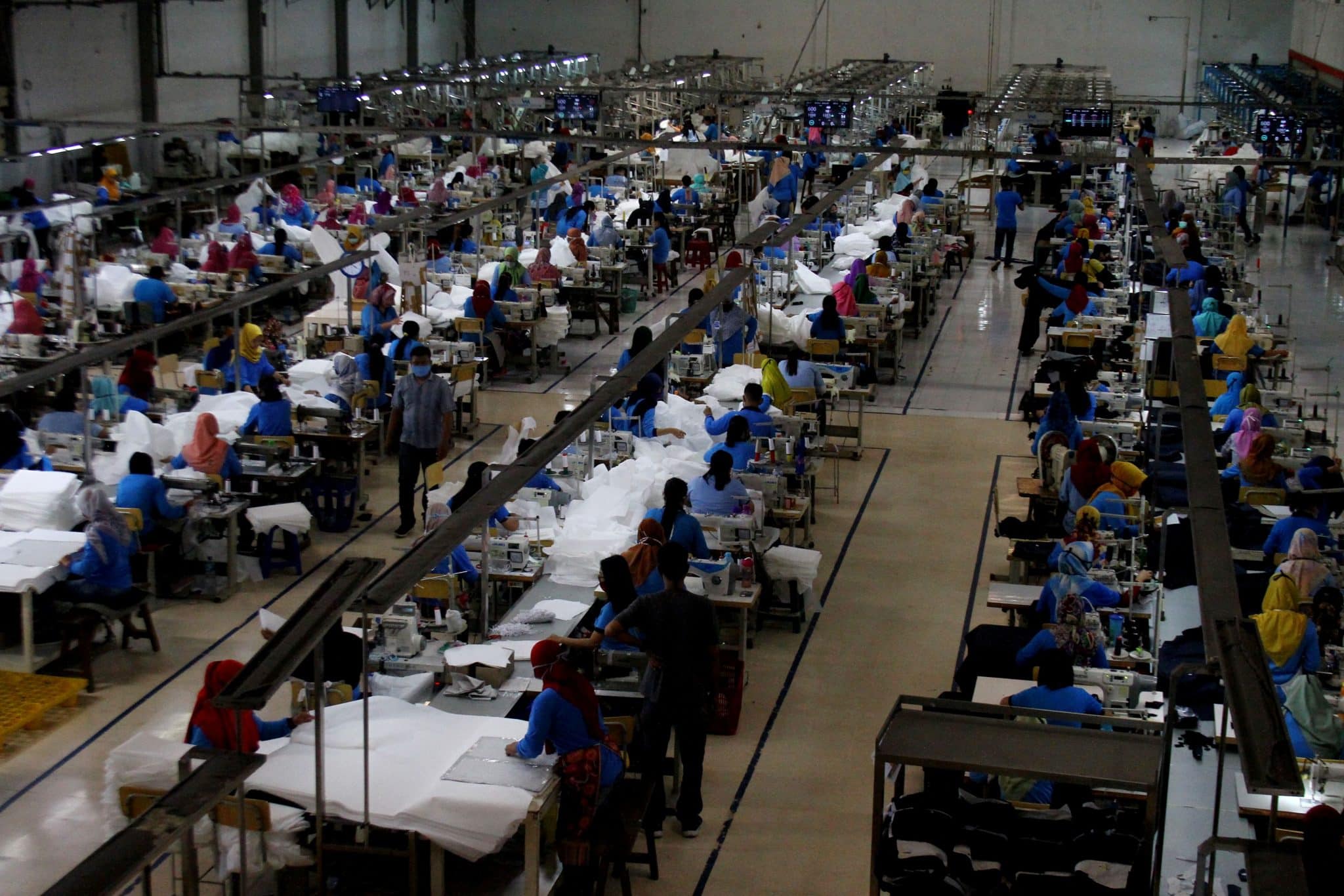Clothing & Apparel
India’s garment exporters hit by labour shortage, buyers look elsewhere
Garment exporters have found themselves at a dead end due to a labour shortage brought about by the surge in the second wave of COVID-19 infections. Disrupted by migrant workers leaving garment clusters, the demand for polyester fibre has also fallen, which is proving problematic for spinning mills. Reports highlight that businesses have unaffected orders for exports, but distribution is disturbed as the pandemic has hit container and shipping line operations.
Ajit Lakra, president of the Ludhiana Knitters Association, says cartelization of yarn-making mills and monopoly of polyester manufacturers brought the alarming rise in garment input costs. The prices of cotton yarn have increased from Rs 190 per kg (pre-lockdown) to over Rs 300 per kg now. The cost of petrochemical-based synthetic fabrics has also increased.
Moreover, the state-imposed lockdowns and curfews in Delhi, Karnataka, Tamil Nadu, and Maharashtra have already created a fear of losing jobs among garment workers, and as such, workers have started moving back home. The Karnataka Employers’ Association (KEA) and Apparel Export Promotion Council (AEPC) have appealed to the governments to avoid stringent lockdowns, allow at least 50% of operations and consider textiles under essential services to exempt them from lockdown.
Kandasamy Selvaraju, secretary general of Southern India Mills Association, told Just-Style that labour would be safer in the factories rather than at their homes, given the density of the residential population in many Indian cities. He pointed out that the second COVID-19 wave is preventing crucial face-to-face meetings. “Everything cannot be done online. In textiles, people have to see the fabric designs.”
Ujwal Lahoti, owner of Mumbai-based Lahoti Overseas, which supplies yarn, fabric and raw cotton to Indian garment exporters and overseas customers in China, Bangladesh, Vietnam, Latin America and Europe, agrees that the current crisis poses major logistical challenges. “To maintain the labour force, workers often have to remain within the factory to prevent outside infections, so they have to be fed and housed on-site. Every worker must be regularly tested for COVID-19. To make arrangements for all this labour in-house is a really big task. Factories are running with an average of 50% efficiency.”
Lahoti said there will be losses, although the clothing and textile industry’s customers are being kept informed. “All those who can take the delayed shipments are accepting them and those who cannot are cancelling. Shipping lines have increased their freight charges and the number of vessels has been reduced. The availability of containers is also getting very poor. That is also a very big challenge for the exporters.”











































Pingback: Cryptocurrency mining operators are suspending their operations in China after Beijing cracked its whip on Bitcoin mining and trading.